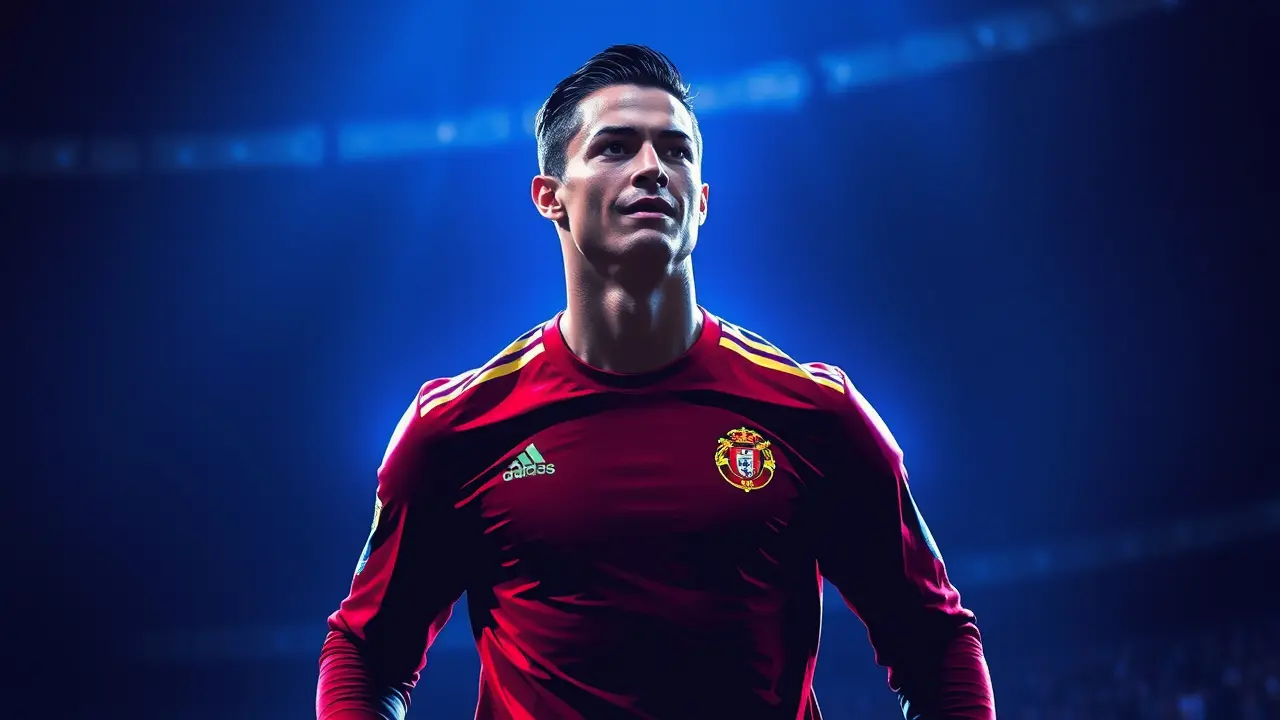
SportfootballTransfer Market
Oleg Kononov Advocates Removing Foreign Player Limits in Russian Football Leagues
JA
Jack Turner
3 days ago7 min read
Oleg Kononov, the head coach of Torpedo Moscow, has thrown a tactical hand grenade into the staid world of Russian football administration with his bold advocacy for the complete removal of foreign player limits in both the First League and the Russian Premier League (RPL). In a refreshingly direct and fan-centric declaration, Kononov argued, 'I am in favor of removing all limits.We work for the fans. They should get pleasure not only from team play but from individual play as well.For me, removing all limits is the most awesome thing. ' This stance directly challenges the protectionist policies that have long defined the sport's structure in Russia, framing the debate not around nationalist sentiment but around the pure, unadulterated quality of the spectacle offered to the paying public.His subsequent comment on the potential impact on domestic talent—'Will Russian footballers be able to develop then? And why not? The strongest will develop, the weak will fall away'—is a brutal but honest application of Darwinian logic to the pitch, reminiscent of the meritocratic environments that forged global legends like Lionel Messi at La Masia, where competition was relentless and only the truly gifted thrived. This philosophy stands in stark contrast to the recent announcement from Russia's Minister of Sport, Mikhail Degtyarev, who confirmed that by 2028, RPL clubs will be restricted to a maximum of ten foreigners in their squad and only five on the pitch at any one time, a tightening from the current '13+8' model.Kononov’s vision, therefore, is not merely a suggestion but a fundamental rebuttal of the official trajectory. To understand the gravity of this proposal, one must look at the historical context of such quotas across Europe.The English Premier League, with its minimal restrictions, became a global financial and sporting behemoth, a melting pot of talent where the intense competition is widely credited with improving the technical and tactical level of English players who must fight for their place, a theory that culminated in England's deep run in the 2018 World Cup and their final appearance in Euro 2020. Conversely, leagues with stricter limits, while ensuring minutes for local players, can sometimes insulate them from the highest levels of competition, potentially creating a comfort zone that hinders ultimate growth.The financial implications for the RPL are equally profound; removing barriers could make the league a more attractive destination for international investment and broadcasting deals, injecting much-needed capital, but it also risks pricing out smaller clubs and creating a wider competitive gap. For Russian players, the short-term fear of being displaced is real, but Kononov’s long-game perspective suggests that such pressure would forge a tougher, more technically adept generation of homegrown stars, much like the legendary Xavi and Andres Iniesta were forged competing with world-class imports every day in training.The counter-argument, of course, is that without a guaranteed pathway, youth development could stagnate, and the national team might suffer from a lack of playing time for its key components—a valid concern that has kept such limits in place in many federations. Ultimately, Kononov is betting on quality over quota, on the idea that the rising tide of elite competition lifts all boats, forcing systemic improvements from youth academies up to the senior national team setup. It’s a high-risk, high-reward strategy that pits the immediate entertainment value of the league product against the long-term planning of the national footballing ecosystem, a fascinating tactical battle being waged not on the grass, but in the boardrooms and ministerial offices, with Kononov having just launched a decisive counter-attack.
#featured
#Oleg Kononov
#RPL
#foreign player limits
#Russian football
#Torpedo Moscow
#sports regulations
Stay Informed. Act Smarter.
Get weekly highlights, major headlines, and expert insights — then put your knowledge to work in our live prediction markets.
Related News
© 2025 Outpoll Service LTD. All rights reserved.













